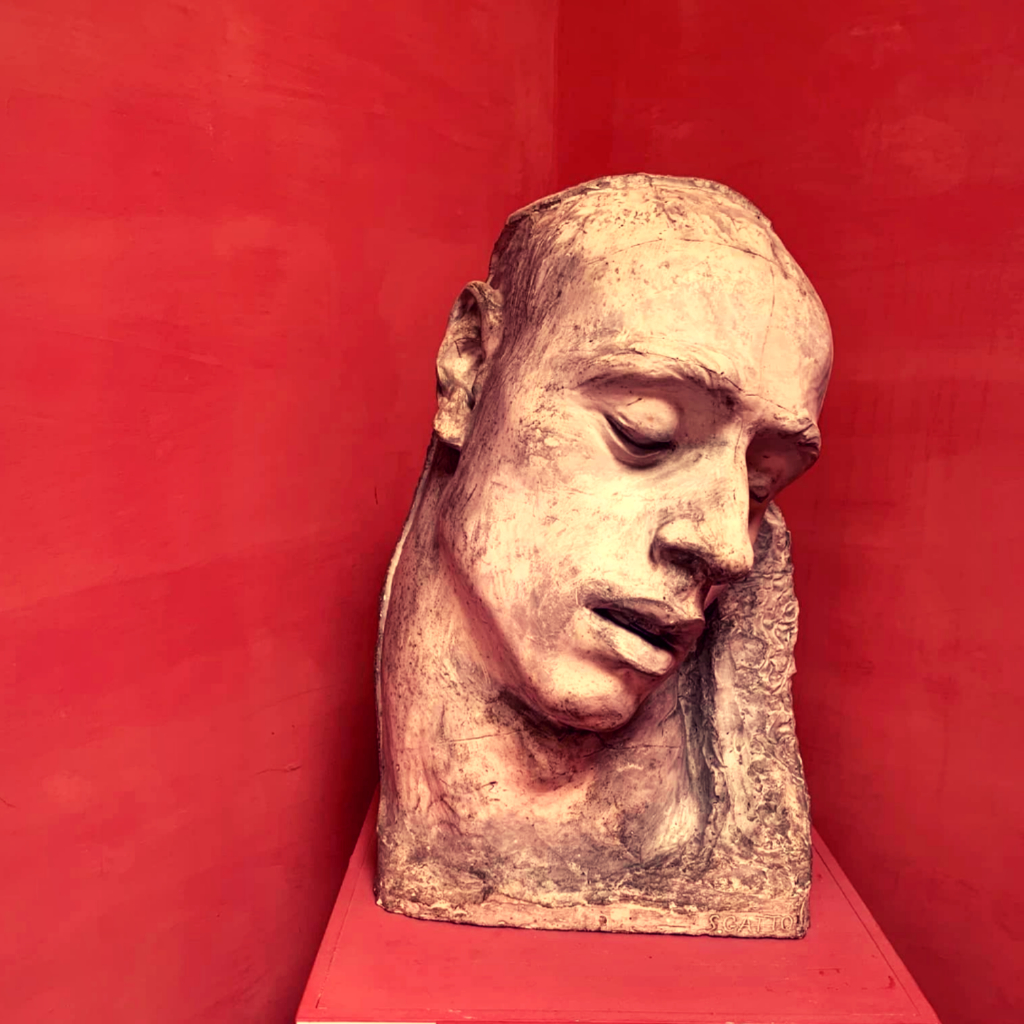On the day when an outstanding harpsichordist was born in 1872, we invite you to listen to a fragment of BBC Interview with Violet Gordon-Woodhouse (1941). Here is a magnificent performance of Bach’s works also.
00:00 – Anon. from the Straloch Manuscript: Woe Betide My Weary Body
00:56 – Violet Gordon Woodhouse talks to Lance Sieveking
Transcription:
LS: “Thank you, Mrs. Woodhouse. That was most lovely. What is it?
VGW: Well, that’s from the Straloch Manuscript book. It’s called ‘Woe Betide My Weary Body’, date I should think about 1600.
LS: “What a marvelous delicacy of sound the clavichord has. Its music is like a landscape seen through the wrong end of a telescope, and the whole flavor is so deliciously crisp and dry.
VGW: The clavichord is really a study of a lifetime. It often sounds just like a packet of pins when one begins.
Hayes, Middlesex, July 1920:
01:28 – Toccata for keyboard in E minor, BWV 914
Hayes, Middlesex, October 1922:
04:18 – English Suite No. 3 in G minor, BWV 808: Prelude
Small Queen’s Hall, London, June 1927:
07:54 – Italian Concerto, BWV 971: 1. Without tempo marking
11:53 – Italian Concerto, BWV 971: 2. Andante
15:07 – Italian Concerto, BWV 971: 3. Presto
Hayes, Middlesex, July 1920:
18:59 – French Suite No. 4 in E flat major, BWV 815a: Prelude
Hayes, Middlesex, October 1922:
20:42 – Partita No. 1 in B flat major, BWV 825: Allemande
Nether Lypiatt Manor, Gloucestershire, January 1941:
23:29 – WTC Book 1, No. 1 in C major, BWV 846: Prelude
24:55 – WTC Book 1, No. 1 in C major, BWV 846: Fugue
Hayes, Middlesex, July 1920:
27:03 – Fugue for keyboard in D minor, BWV 948
Teri Noel Towe of Pearl Records (1996):
"Because of her early retirement from the recital and concert stage and her having made so few recordings, the harpsichordist and clavichordist Violet Gordon-Woodhouse is little known today. The total eclipse of this elegant and erudite performer becomes all the more regrettable when the avid and curious listener discovers her precious recorded legacy and learns what so many of her contemporaries and partisans, including Arnold Dolmetsch, Frederick Delius, and T.E. Lawrence, knew so well: only Violet Gordon Woodhouse could have challenged and vanquished the formidable Wanda Landowska in a title for the finest harpsichordist of the era. A woman of many parts, an avid devotee of the cinema and, like her Polish colleague, a performer to the manner born, she had panache, technique, style, scholarship, warmth and charisma. ...The relatively soft sound of the harpsichord defied the best engineers that HMV [His Master's Voice] had in the acoustic era, and matters are not helped by the bittersweet reality that Violet Gordon-Woodhouse records, particularly the acoustic ones, are not only rare but also invariably much played when they do turn up. That most copies are in less than pristine condition is yet further proof of the high regard in which she was held by her admirers. In addition, therefore, to extracting the most information possible from these scarce discs without compromising the original sound, Seth B. Winner has had to contend -- successfully, I hope you will agree -- with softening the blows of locked grooves and minimising the thumps and ticks imbedded in the original matrices."


